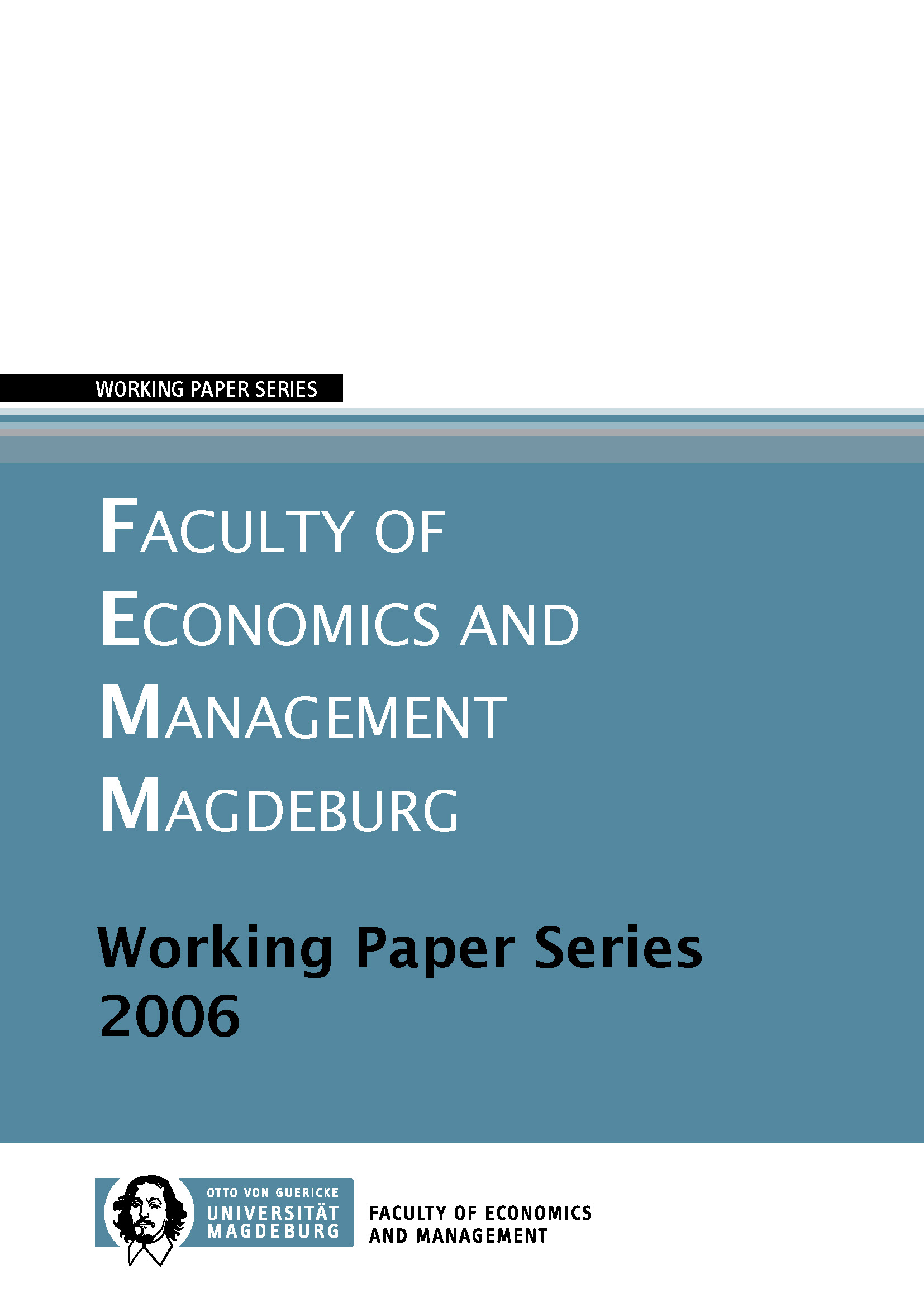Messung der Preiswahrnehmung mittels Pricesensitivity-Meter (PSM)
Eine experimentelle Längsschnittanalyse des deutschen Zigarettenmarktes
DOI:
https://doi.org/10.24352/UB.OVGU-2018-304Keywords:
Price Perception, Reference Price, Pricesensitivity-Meter (PSM), Buying SimulationAbstract
According to the theory of behavioral pricing, consumers generally transform objective market prices into individually perceived price levels that mainly influence their buying decisions. This transformation is based on internal (a common price knowledge as a result of historical buying experience) or external reference prices (current market prices). Consumer´s perception of prices can be measured by using the Pricesensitivity-Meter (PSM) developed by the dutch economist P.H.v. Westendorp. As a result of the PSM-Analysis, aggregated indicators of pricesensitivity, ranges of acceptable prices and price thresholds of the particular market under examination can be identified. This paper discusses the validity of pricesensitivity measurements with the PSM, especially with respect to the integration of PSM-Indicators into experimental designs of buying simulations. For this purpose, results of a four-year longitudinal analysis in the German market for cigarettes are highlighted.


